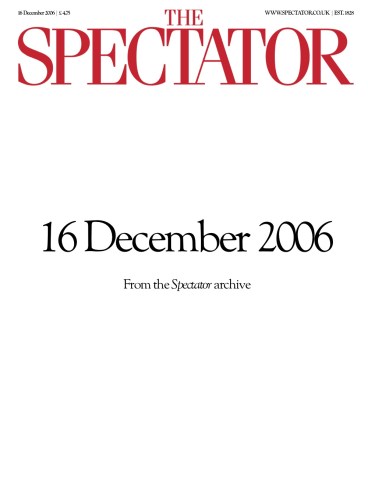Before we became respectable
Vic Gatrell’s investigation into rude old-fashioned laughter almost bursts out of its covers, with 700 pages and 289 illustrations showing political caricatures and prints ridiculing the fashionable and the badly behaved. Much of the mockery is aimed at the libertine sons of George III and their friends, male and female, but there are also even-handed

